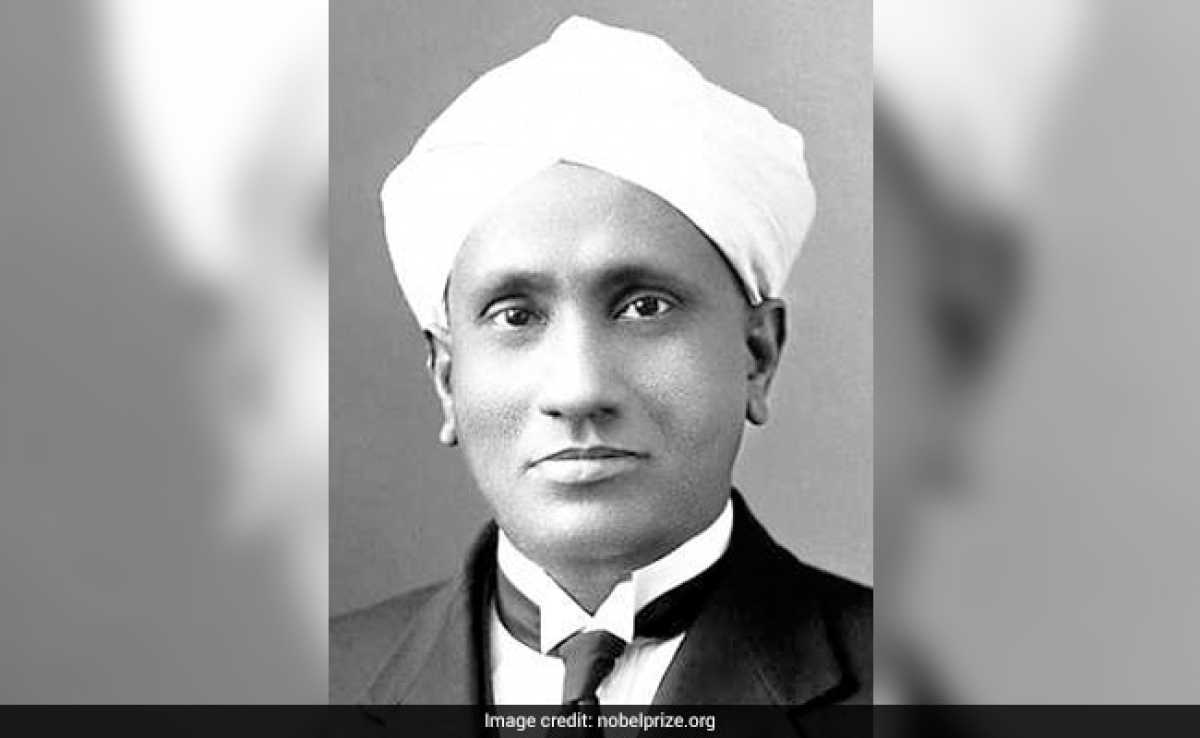Education
Celebrating National Science Day: A Tribute to CV Raman and the Raman Effect

National Science Day is a significant annual event in India, celebrated on February 28 to commemorate the groundbreaking discovery of the ‘Raman Effect‘ by Indian scientist Chandrasekhara Venkata Raman in 1928.
Chandrasekhara Venkata Raman, also known as CV Raman, was awarded the Nobel Prize in Science in 1930 for his remarkable contribution to the field, which led to a deeper understanding of the scattering of photons.
The Ministry of Culture, in collaboration with the National Council for Science and Technology Communication (NCSTC), proposed the idea of dedicating a day to science in 1986 to highlight the importance of scientific advancements in everyday life.
The Government of India officially recognized this proposal and declared February 28 as National Science Day, with the first official celebration taking place in 1987.
On National Science Day, various educational institutions, research centers, and scientific organizations across the country organize events such as quiz competitions, seminars, and workshops to promote scientific awareness and research.
This year, the theme for National Science Day is ‘Indigenous Technologies for Viksit Bharat‘, emphasizing the role of homegrown technologies in the development and progress of the nation.












